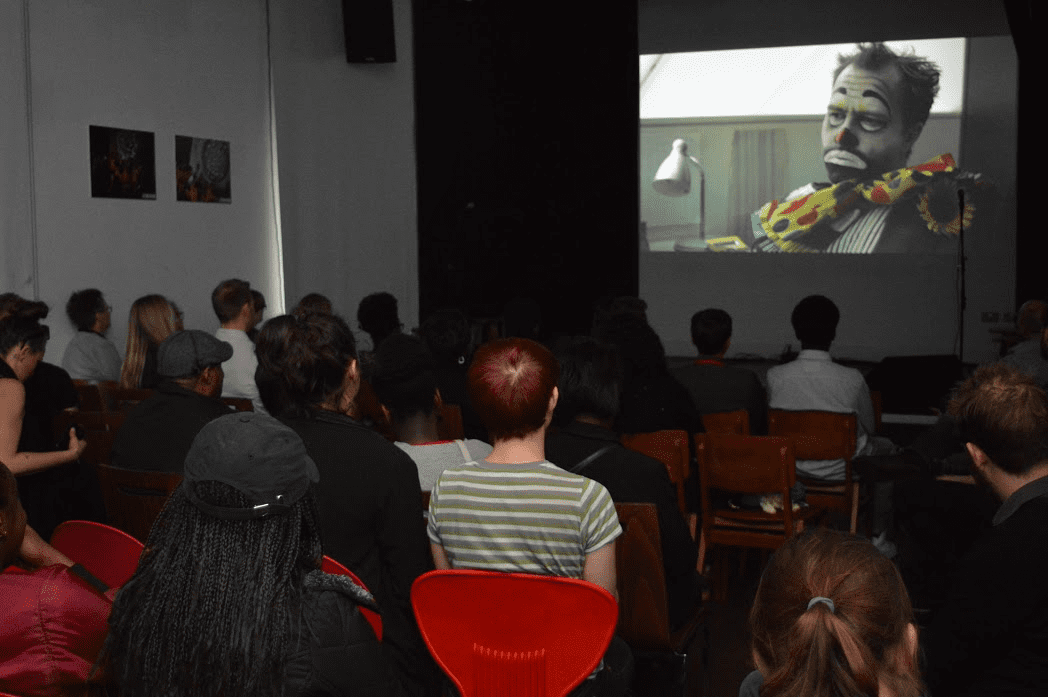Why Should We Care About Creativity?
Creativity can be best summed up as; the ability to make new things or think of new ideas. In a world washed out with overstretched work hours and where phones, computers and every imaginable gadget can do our writing for us, why should we even care about creating space for creativity?
As soon as we realise how inaccurate this definition of creativity is, however, we can start to see how crucial it is to the lives of every child and adult. To say that creativity – and certainly, young people’s exposure to writing creatively – means ‘to make new things’ is to ignore its life-changing importance. What about the impact on young people’s emotional development and ability to self-express? What about the empowering platform creative writing gives to young people’s often unheard voices? What about the surplus of soft skills (empathy, intrinsic motivation, communication, maturity, independence) that young people inevitably gain through immersion in imaginative experiences? This list does not begin to touch on the transformative effect it has on children’s attitudes towards literacy, learning and long-term futures.
But this is not a blog designed to simply celebrate creativity; it is also a call for all of us to inject a little more imagination into our everyday lives – and crucially, into the lives of any young people we work, volunteer, live or interact with. This message matters now more than ever. As current primary and secondary school curriculums demand increasingly rigid writing requirements, focused on structure and SPaG (Spelling, Punctuation & Grammar) at the detriment of time for more free-thinking writing , there is the danger that young people will lose the confidence to think creatively and gain an intrinsic understanding that imaginative thought – removed from a teacher’s red pen reminders and the overwhelming worry of ‘getting it wrong’ – really can change lives.
With teachers’ time now being stretched thinner than ever, it is important that organisations like the Ministry of Stories continue to exist and expand, working in partnership with young people and parents, with classes and communities, to ensure that children not only enjoy writing but want to engage with their own imaginations. The more we enjoy and engage with words, the more we can change the world. At the Ministry, we love to see the stories that spring from young people when given the space to experiment with words and, crucially, to actively enjoy engaging with creative writing.
Over the last few years there has been some really interesting research into why writing matters . Before diving into countless contemporary research, check out the National Association of Writers’ Education (NAMWE) report ‘Writing is Primary’ (www.nawe.co.uk), or if you fancy a bite-size burst of inspiration, give Ken Robinson’s TED talk a listen:
Creativity not only helps develop an individual’s self-confidence and ability to comprehend different emotions, different cultures and different communities, but also widen their communication skills with others whilst understanding themselves better. Whilst play is still encouraged in early years settings, students’ access to less structured imaginative space becomes more and more squeezed the more they progress through school. The increasing focus on formal learning outcomes can lead students to being afraid of mistakes and, consequently, not letting themselves embrace the enjoyment of writing and the potential for words to transform their worlds.
So let’s finish with a final look to the future. Over the summer, let’s all make a little more time to run wild with words! Grab a pen and paper, collect together some friends or family members, and make a little magic (or mayhem) with your imaginations.
And of course, if you find yourselves near Hoxton Street, you can always pop in to the Ministry of Stories shop and unleash your imaginations even further but for now, here’s a quick inspiration guide if you want to start creating right now.






